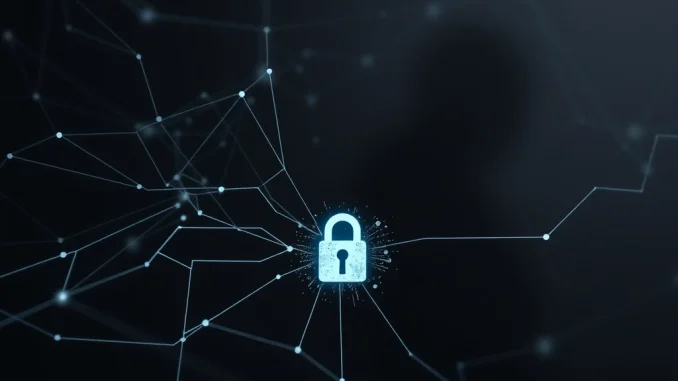
In the world of cryptocurrency, staying vigilant is paramount. Recent findings highlight a significant threat: **North Korean hackers** are actively targeting the community, particularly **crypto developers**, using sophisticated methods.
How the Lazarus Group Operates
According to a report by Reuters, citing cybersecurity firm Silent Push, the notorious **Lazarus Group**, linked to North Korea, has escalated its tactics. They didn’t just rely on digital means; they established seemingly legitimate fronts.
- Two legal companies were reportedly set up in the U.S.
- False identities were used for registration.
- Blocknovas was registered in New Mexico, linked to an empty lot.
- Softglide was registered in New York, tied to a small tax office.
These shell companies provided a veneer of legitimacy for their malicious activities.
Targeting Crypto Developers: The Phishing Play
Why focus on **crypto developers**? These individuals often hold keys to significant digital assets or have access to systems within crypto businesses. Silent Push’s director of threat intelligence, Kasey Best, revealed the method:
The hackers posed as potential employers. They initiated contact, likely through professional networking sites or direct outreach, offering enticing job opportunities. The core of the attack happened during fake job interviews.
The Malware Attack Method
During these bogus interviews, the hackers delivered malware. This isn’t just random code; it’s specifically designed to compromise the target’s system. The primary goals of this **malware attack** were clear:
- Steal crypto wallets.
- Obtain passwords.
- Acquire credentials for further attacks on legitimate businesses the developer might be associated with.
This method is insidious because it exploits trust and professional aspirations.
Improving Crypto Security: Actionable Steps
Given the persistent threat from groups like Lazarus, bolstering your personal and professional **crypto security** is crucial, especially if you are a developer or work in the crypto space. Here are some actionable insights:
- Verify Identities: Be extremely cautious with unsolicited job offers, especially from unknown companies. Research the company extensively beyond just their registration details. Look for online presence, employee profiles (verify on multiple platforms), and industry reputation.
- Beware of Attachments/Downloads: Never download or run files sent during an interview process, especially executables or documents requiring macros, before thorough verification. Use antivirus software and sandboxing if possible.
- Isolate Sensitive Activities: Consider using dedicated, clean machines for managing crypto wallets or accessing sensitive company systems, separate from machines used for general browsing or potentially compromised communications.
- Use Hardware Wallets: Store significant crypto assets on hardware wallets, which are much more resistant to software-based malware attacks.
- Enable Two-Factor Authentication (2FA): Use strong 2FA on all crypto exchanges, wallets, and relevant online accounts.
- Regularly Update Software: Keep operating systems, antivirus software, and all applications updated to patch known vulnerabilities.
- Educate Yourself and Your Team: Phishing tactics evolve. Stay informed about the latest cybersecurity threats targeting the crypto space.
Summary: Stay Alert, Stay Secure
The news that **North Korean hackers**, specifically the **Lazarus Group**, are using fake companies and job interviews for a **malware attack** targeting **crypto developers** is a stark reminder of the ongoing risks. Their methods are becoming more sophisticated, blending traditional company structures with advanced digital threats. Protecting your **crypto security** requires constant vigilance, verification, and robust security practices. Don’t let a job opportunity turn into a devastating loss of assets.



